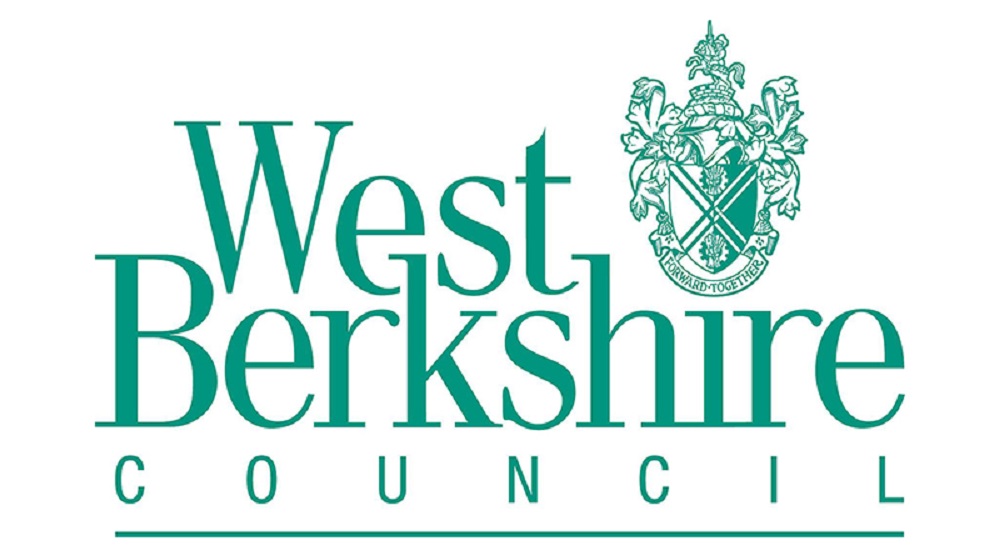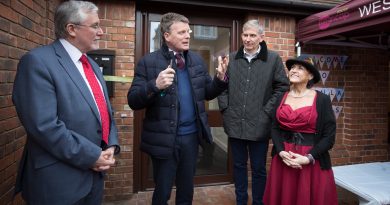West Berks Council struggling to plug budget shortfall
Inflation, Brexit and staff shortages have all come together to pound West Berkshire Council’s finances – and there’s a lump of budget shortfall to find. WBC provided an update on the unitary authority’s finances on 22nd August 2023, following the previous day’s release of figures by the BBC Shared Data Unit showing a predicted cumulative two-year budget shortfall for our 190 local authorities of a massive £5.2 billion and, over those two years for West Berkshire Council to 2025/26, of £7.1 million.
West Berks is in relatively good shape. Depending on how you deal with the 30 or so authorities that didn’t provide data, the authority ranks in the top third or even the top quarter of all authorities with the smallest deficits. Nevertheless, £7.1 million is a lot of money and represents about £46 per resident. Fulfilling a new administration pledge to be open and transparent, Councillor Lee Dillon (Leader of West Berkshire Council), Councillor Iain Cottingham (Executive Member for Finance and Corporate Services) and Joseph Holmes, Executive Director (Resources) readily agreed to provide a public update on where matters stand and how they plan to plug the deficit.
West Berks total revenue budget currently stands at about £166 million per year, so the deficit represents more than 4%. Our authority has a good record in managing its finances over the last 7 years and has found cost savings representing a third of the budget to the end of the period in 2025. A good track record but this “in year” shortfall is the largest by some margin, driven by cost and some supply inflation. Child social care demand (with, sadly, more children in care) has seen the biggest cost increases, up 43%, and home school transport is up 30%. Other areas have smaller increases but, given the amount of the council’s total budget taken up by adult social care (around 40%, with costs up 6%), the impact is still considerable.
Staff shortages, alongside high costs of agency staff to plug gaps, have been a major factor in creating a pressure on services and wage costs. Brexit has also had an important role in reducing available staff. A good deal of effort has gone into converting agency staff into permanent employees, which more or less halves the overall cost of the individual, but it is slow progress and difficult to secure, since all authorities are experiencing the same pressures – and are competing for the same staff.
A first cut review by the new administration and officers, immediately after taking office, quickly brought the deficit down by about £2 million. But the overspend needing action to bring the budget into balance was still £6.3 million before the Council introduced a weekly meeting of a Financial Review Panel, a mix of councillors and officers, which is scrutinising expenditure in fine detail – everything over £1,000!
WBC has a general reserve – a financial “cushion” for situations just like our current difficult times – of £7.2 million, so it won’t need to call on Government help this year. However, the books have been balanced in earlier years by using up earmarked reserves (money put aside where a problem was anticipated) and there is nothing left of these reserves. The measures taken so far and ongoing have created a better foundation for sound financial management in future but the Councillors acknowledged that they can’t completely eliminate all the risk to the Council’s balanced budget.
No stone is being left unturned. As well as the prospect of some capital receipts to ease the pressure, West Berks is also looking at the possible sale of some of the property and other assets it owns to help the budget and reduce borrowings, where costs have also risen sharply.
WBC delivers over 700 different services. Councillors have given assurances that spending on core services continues and services are available to the public and are operating as usual, although staff shortages mean slower response times.
They are also very clear that the focus on West Berkshire’s long term financial health and well-being trumps any immediate political objectives. Openly, they acknowledge that this will slow delivery of manifesto promises, such as phasing out the green bin tax (which won’t now even begin this financial year) and dealing with potholes. In keeping with the promise of openness and transparency, there will be a public consultation, so that the Council hears direct from residents.
Cllrs Dillon and Cottingham also gave a radio interview to Kennet Radio and this will be broadcast on Paul Walter’s Wednesday Drivetime and Thursday Breakfast on 23rd and 24th August.




